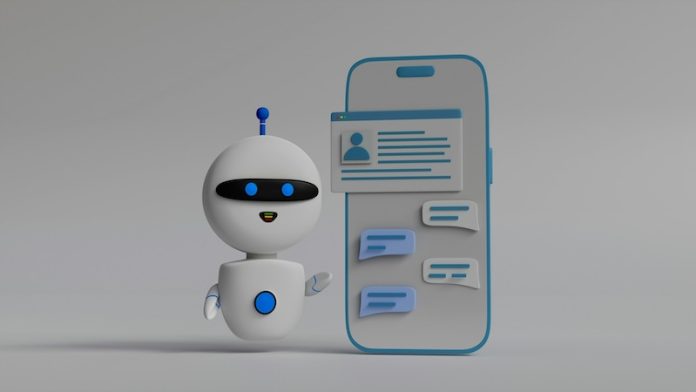
AI chatbots like ChatGPT have the potential to be useful tools for healthcare professionals, particularly in the field of rehabilitation.
Here’s how AI chatbots, including ChatGPT, could be beneficial in rehab:
Communication and Information Access: ChatGPT’s voice-command feature can make communicating and accessing information easier for people with mobility or sensory impairments.
This can be especially helpful for individuals recovering from brain injuries or strokes who may have difficulty with traditional forms of communication.
Planning and Medication Management: AI chatbots can assist patients in planning their agendas, booking appointments, and managing medication schedules.
This can be vital for individuals with cognitive impairments or those who require complex medication regimens.
Exercise Recommendations: AI chatbots can suggest personalized exercise routines based on a patient’s unique needs, including their socioeconomic situation, age, and physical, mental, and neurological condition. They can also explain how and why specific exercises should be performed.
However, there are important considerations and challenges to address:
Ethical and Privacy Concerns: Healthcare professionals must ensure that using AI chatbots like ChatGPT complies with patient confidentiality and privacy regulations. Sharing personal information for diagnosis or decision-making must be done cautiously.
Scientific Validation: There is a need for scientific evidence to confirm the effectiveness and safety of AI chatbots in rehabilitation. Using AI for rehab without sufficient data can be risky.
Potential for Dependency: Overreliance on AI chatbots could potentially hinder patients’ progress in rehabilitation. If AI takes over tasks that patients should be gradually developing themselves, it could lead to a loss of physical skills.
Digital Addiction and Social Isolation: Excessive use of AI chatbots for rehab could lead to issues like digital addiction and social isolation, which need to be carefully monitored.
In conclusion, while AI chatbots hold promise in rehabilitation, thorough research, ethical considerations, and privacy safeguards are essential before integrating them into clinical settings.
Scientific evidence of their effectiveness and potential risks must be established to ensure safe and beneficial use in healthcare. Collaboration between universities, researchers, and healthcare professionals is crucial to address these challenges.
If you care about bone health, please read studies that plant-based diets can harm your bone health without these nutrients, and this bone problem may strongly increase COVID-19 death risk.
For more wellness information, please see recent studies that too much of this vitamin may increase your risk of bone fractures, and results showing this type of exercise may protect your bone health, slow down bone aging.
Copyright © 2023 Knowridge Science Report. All rights reserved.



